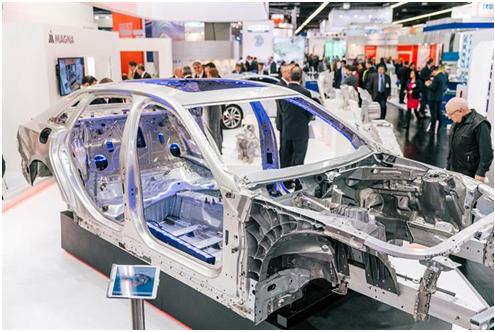In the world of materials, cast iron and aluminum are two of the most commonly used metals due to their abundance, durability, and versatility. Both metals have their unique properties and applications, and often, the choice between the two comes down to specific requirements of the project at hand. In this article, we will compare cast iron and aluminum, examining their strengths, weaknesses, and overall superiority in different contexts.
Firstly, let’s delve into the characteristics of cast iron. Cast iron is a group of iron-carbon alloys that are known for their excellent heat retention and distribution properties. Its high carbon content makes it strong and hard, making it resistant to wear and tear. Cast iron is also highly resistant to deformation, making it ideal for applications that require structural stability.
Due to its heat retention capabilities, cast iron is widely used in cookware. The even distribution of heat across the surface of cast iron pans ensures that food is cooked evenly. Additionally, its durability allows for long-term use without worrying about warping or damage. This makes cast iron pans a popular choice among professional chefs and home cooks who seek the best possible cooking experience.
However, cast iron is not without its drawbacks. Its weight and density can be a disadvantage in certain applications where weight reduction is essential, such as in the automotive industry. The brittleness of cast iron can also make it prone to cracking or breaking under high impact or stress. Furthermore, cast iron requires regular maintenance to prevent rusting, which can be a time-consuming task.
On the other hand, aluminum possesses its own unique set of characteristics that make it desirable for various applications. Aluminum is lightweight, highly malleable, and possesses excellent corrosion resistance. These properties make aluminum a popular choice for industries such as aerospace, automotive, and construction.
The lightweight nature of aluminum makes it an ideal material for aircraft, as it reduces fuel consumption and increases overall efficiency. Similarly, in the automotive sector, the use of aluminum components results in weight reduction, improving fuel economy and reducing emissions. Moreover, aluminum’s corrosion resistance makes it suitable for outdoor applications, such as window frames and building facades.
However, aluminum also has its limitations. While it is highly malleable, it is not as strong as cast iron, meaning it may not be suitable for applications requiring high strength and stability. Additionally, compared to cast iron, aluminum has a lower heat retention capacity, making it less suitable for certain cooking applications where heat distribution is crucial.

Determining the superior material between cast iron and aluminum depends on the specific requirements of the project or application. Cast iron excels in situations that demand strength, durability, and heat retention, such as cooking utensils. On the other hand, aluminum shines in industries that prioritize weight reduction, corrosion resistance, and malleability, like aerospace and automotive.
Ultimately, the choice between cast iron and aluminum will depend on balancing the pros and cons of each material against the specific needs of the project. Both materials have their place in different industries and applications, and their unique properties contribute to their overall superiority in different contexts.

 0086-750-5616188
0086-750-5616188 +86 13392089688
+86 13392089688 sales@zhongmei-tech.com
sales@zhongmei-tech.com













